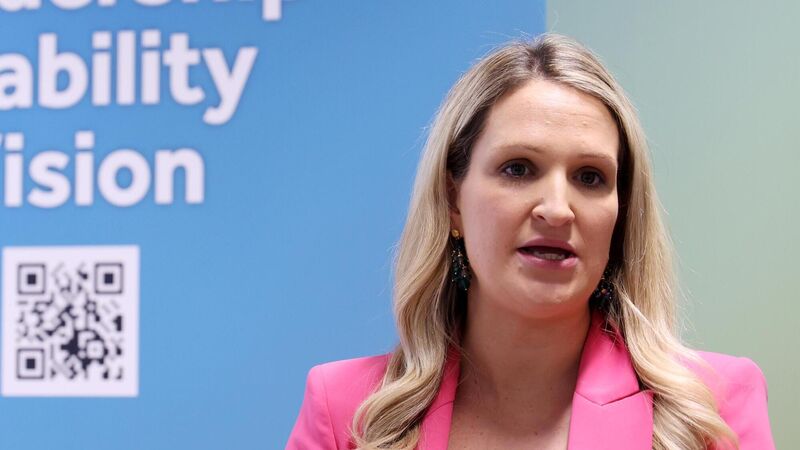Extra €6.8m in funding for domestic, sexual and gender-based violence announced

Minister for Justice Helen McEntee said the funding will increase the ability of organisations to support victims.
An extra €6.8m in funding for domestic, sexual, and gender-based violence services will be rolled out next year to meet “acute service demands” in the sector.
It includes a 6% increase in funding to all domestic and sexual violence services funded by Tusla to address rising cost pressures.














